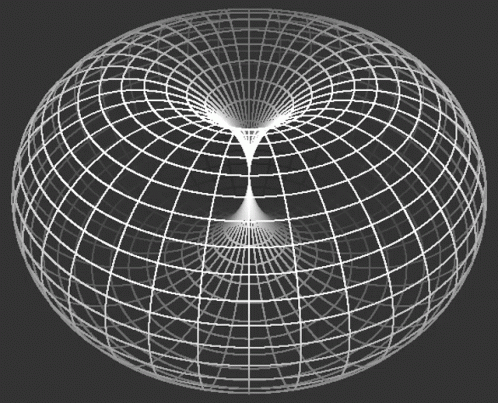lorenzop wrote: ↑Tue Nov 07, 2023 4:33 pm DH is thinking the headset is for evolutionary advantage - which ultimately is measured as a capacity for spawning. IOW, there is no evolutionary advantage to knowing and understanding any underlying patterns except as it gets us an advantage to breed.
JP needed to suggest the underlying patterns have an intrinsic\persistent\universal value (if this is what JP means) - perhaps then DH could have responded to this point.
I doubt DH could respond positively to the assertion there are intrinsic\persistent\universal patterns, as they've never been measured or found, nor believed except by a handful of people.
Right, but we should also see why that is an entirely unreasonable conclusion about the headset. Ultimately, it is not about criticizing DH and speculating on what he needs to do to 'get it right', but only using the dialogue as a tool to explore what we should do if we want to strengthen our intuitive orientation to reality. All it takes is to realize that our thoughts, feelings, and desires are also part of the headset experience, including the real-time thoughts that DH, JP, and we are using now to explore the structure of reality. It is such a simple thing, so simple that the intellectual commenting voice which seeks an ever-more complex arrangement of thoughts about reality, always seems to miss it.
If those thoughts we use to investigate the structure of reality are also part of the headset, then clearly knowing the structure of reality is also a part of the 'evolutionary advantage' in the Earthly sphere (whatever that phrase entails). Everyone believes in the archetypal patterns of meaning discerned by thought - otherwise, they wouldn't do scientific research and speak about their results, let alone write books and give interviews about them. So JP was trying to point towards this patently obvious fact of our real-time experience, where thinking perceives the functional meaning that is preserved across layers of reality, from the unmanifest layers to the manifest layers. But I agree he could have done it more effectively by a) making his words less like hammers
We could use this metaphor for the structure of reality that Cleric has proposed before:

Our thinking consciousness is always in the middle and normally our gaze is fixed downwards towards what is already manifest and known, i.e. ordinary experience of sensations, thoughts, feelings, and desires. The higher structured potential flows from behind our current "I" perspective, implodes through our 'now' state, and becomes concretized into inner-outer perceptions as it recedes down towards the bottom. There is ongoing feedback as the manifest world turns inside-out and returns to the structured potential. Everyone acknowledges this upper domain of potential in some way or another, but they just imagine the "I" perspective is completely outside the torus, viewing the whole process from the side like we are doing with this graphic. Then they come up with theoretical frameworks to model the process from the side, the precise framing of which depends on their personal temperament, preferences, and inclinations. Note the only thing that needs to change here is for the "I" perspective to realize this is only a symbol and it is actually right in the middle of the torus at all times. The "I" really needs to inhabit that perspective to recognize its own true significance in the Cosmic telos.
DH knows many of these things at the abstract level, like BK and others, thus he says the telos of the One Consciousness is to know itself from many infinite different perspectives and through infinitely many conscious experiences. But, if the "I" thinking that telos inhabits the middle perspective shown above, it becomes self-evident that this telos must be intimately related to the evolutionary process of adaptation, selection, reproduction, etc., and the emergence of conscience, cooperation, and altruism within the sphere of thinking "I"-beings. He doesn't concretely connect that telos to the Earthly sphere of evolution experienced through the headset because that makes it too intimate, as Cleric suggested. It suggests a sacrificial responsibility to be the best 'avatars' we can possibly be in this evolutionary telos, i.e. to consciously and morally participate in the evolutionary unfoldment through our intimate knowing activity.

